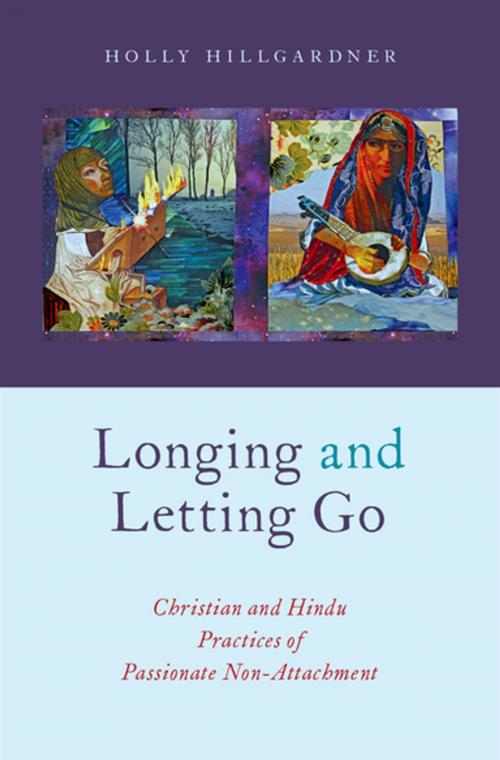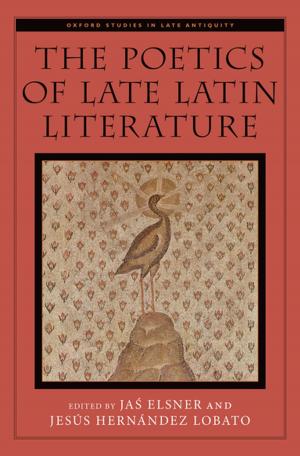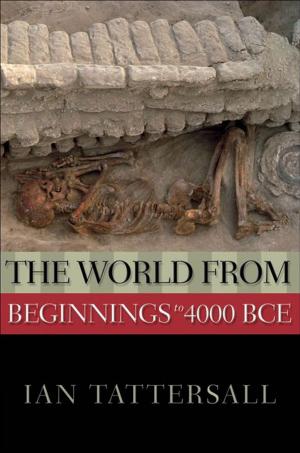Longing and Letting Go
Christian and Hindu Practices of Passionate Non-Attachment
Nonfiction, Religion & Spirituality, Reference, Comparative Religion, Theology| Author: | Holly Hillgardner | ISBN: | 9780190637484 |
| Publisher: | Oxford University Press | Publication: | November 1, 2016 |
| Imprint: | Oxford University Press | Language: | English |
| Author: | Holly Hillgardner |
| ISBN: | 9780190637484 |
| Publisher: | Oxford University Press |
| Publication: | November 1, 2016 |
| Imprint: | Oxford University Press |
| Language: | English |
Mirabai, a sixteenth-century Indian princess, wrote passionate love songs to Lord Krishna. Hadewijch, a thirteenth-century European Beguine, wrote of her yearning to become Love itself, to be "God with God." Each woman practiced a full-bodied, sensuously-imaged longing for love; at the same time, each also practiced certain ascetic disciplines. Spanning centuries, continents, and religious traditions, this book juxtaposes Hadewijch's and Mirabai's inextricable energies of longing and letting go as resources for a comparative theology of passionate non-attachment. Within both Hinduism and Christianity, desire and renunciation are often presented as opposites; yet, both Mirabai and Hadewijch, in their own distinct ways, illuminate the integral, tensile relationship between these concepts. Rather than choosing one or the other, each woman's dual practices of longing and letting go not only take her on an inward spiritual journey but also deeply involve her in the beauty and suffering of the wider world. Drawing out crucial differences and intriguing resonances between these two women of faith, Hillgardner develops a Hindu-Christian comparative theology that argues for an interreligious ethic of passionate non-attachment, one capacious and brave enough to hold together our own longings with the desires of others in an interconnected, fragile world.
Mirabai, a sixteenth-century Indian princess, wrote passionate love songs to Lord Krishna. Hadewijch, a thirteenth-century European Beguine, wrote of her yearning to become Love itself, to be "God with God." Each woman practiced a full-bodied, sensuously-imaged longing for love; at the same time, each also practiced certain ascetic disciplines. Spanning centuries, continents, and religious traditions, this book juxtaposes Hadewijch's and Mirabai's inextricable energies of longing and letting go as resources for a comparative theology of passionate non-attachment. Within both Hinduism and Christianity, desire and renunciation are often presented as opposites; yet, both Mirabai and Hadewijch, in their own distinct ways, illuminate the integral, tensile relationship between these concepts. Rather than choosing one or the other, each woman's dual practices of longing and letting go not only take her on an inward spiritual journey but also deeply involve her in the beauty and suffering of the wider world. Drawing out crucial differences and intriguing resonances between these two women of faith, Hillgardner develops a Hindu-Christian comparative theology that argues for an interreligious ethic of passionate non-attachment, one capacious and brave enough to hold together our own longings with the desires of others in an interconnected, fragile world.















